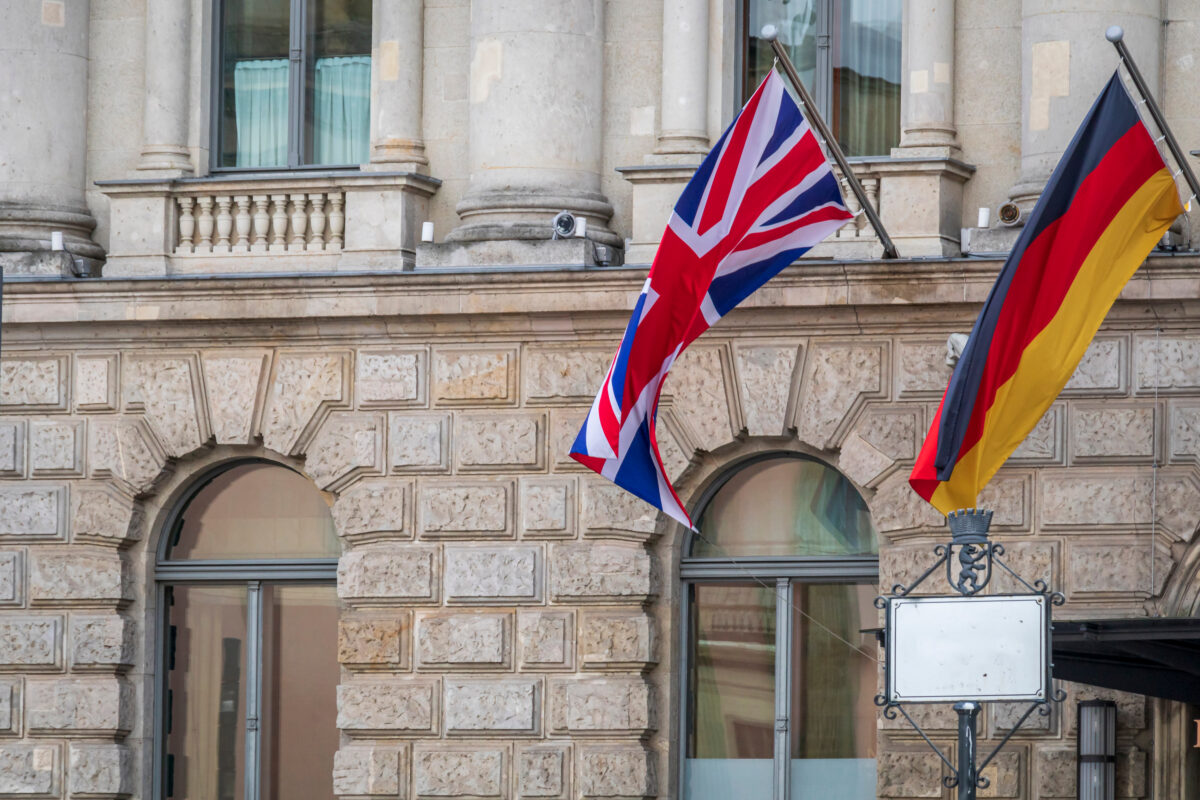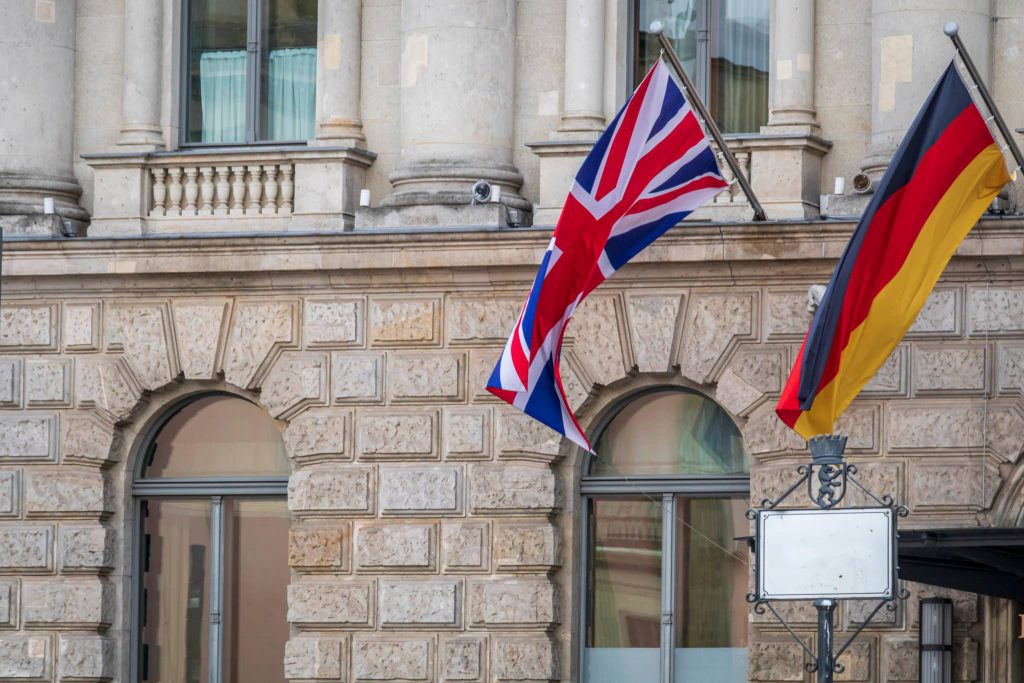
UK Recession: Economy Trapped in a Growth ‘Doom Loop’
The UK economy is caught in a growth “doom loop” due to decades of underinvestment by both the government and businesses, warns the Institute for Public Policy Research (IPPR). A recent study conducted by the center-left think tank reveals that the UK has contributed significantly less to business investments compared to other wealthy countries. The estimated spending shortfall of £500 billion ($638 billion) places the UK behind all G7 nations. The data also ranks it 27th out of 30 OECD countries, with only Poland, Luxembourg, and Greece investing less. This worrying trend of underinvestment has persisted across multiple governments since 2005, hampering economic growth and prosperity.
Underinvestment and its Consequences
The IPPR highlights the UK’s underinvestment in crucial areas such as infrastructure, research and development, skills, and training. The consequences of this chronic underinvestment have contributed to stagnating growth and a struggling economy. To reach the G7 average, private sector investment would need to have been £354 billion higher. Meanwhile, public sector investment should have been £206 billion more since 2005. The implications of this underinvestment are clear: the UK is facing a significant economic challenge that requires urgent attention.
UK’s Competitiveness Rankings
Another study released by the IMD further underscores the UK’s struggles in terms of global competitiveness. The country lags behind other major economies, particularly in economic performance and business efficiency. These findings reflect the need for substantial improvements in investment and productivity to enhance the UK’s competitive position on the world stage.
Government Response and Future Outlook
The Conservative Party, which has been in power for 13 years, acknowledges the need for increased business investment. The government has introduced measures such as tax reliefs and targeted spending on technology and green energies to stimulate economic growth. However, the impact of these initiatives remains to be seen.
The IMF’s latest forecast predicts that the UK will be the worst-performing economy among the G7 countries this year, with a projected overall GDP contraction of 0.3%. Factors such as higher living costs, lending costs, and Brexit-related uncertainties have dampened consumer spending and business sentiment.
Investment as a Solution
The IPPR suggests that increased public investment could bolster business confidence and encourage private sector “crowding in” of additional spending. This approach draws parallels with the Biden administration’s Inflation Reduction Act. The latter aims to stimulate the economy through strategic public investments. The UK could benefit from a similar approach to reignite economic growth. That would help to reduce inequality, and make progress toward achieving net-zero emissions and energy security.
The UK’s underinvestment in critical areas of the economy has created a growth “doom loop” that poses significant challenges to its economic stability and prosperity. The government, businesses, and policymakers must prioritize investment in infrastructure, research and development, skills, and training to revive economic growth and competitiveness. With targeted and sustained investment, the country can mitigate the effects of a potential recession and foster a vibrant economy that benefits all stakeholders. Otherwise, people might have to contend with UK recession.


